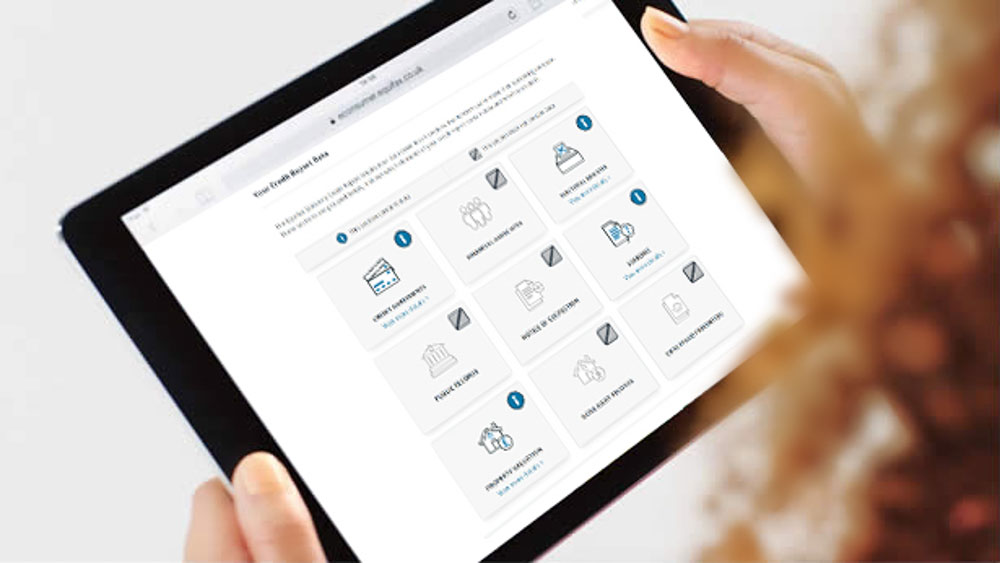What is a credit report?

When you apply for a credit card, mobile phone contract, overdraft or mortgage, lenders may look at your credit history, including how much credit you've been given and how you've managed your repayments. Based on this and other information asked in your application they will then decide whether you are likely to repay the credit they give you.
What data appears on your credit report?
- Address details e.g. electoral roll information for your current address, plus any previous addresses.
- Financial credit agreements e.g. loans, credit cards, mortgages and overdrafts. This includes any missed or late payments.
- Public records e.g. county court judgments (CCJs), bankruptcies or insolvencies.
- Financial associates. If you have a financial associate – for example, someone you’ve taken out a joint mortgage with – lenders could take their financial behaviour into account when you apply for new credit
What data doesn’t appear on your report?
Data not recorded on your credit report includes your employment history, savings accounts, criminal records, medical records, ethnicity, religion or political affiliation.
How do lenders and other organisations use your credit report?
Lenders use the information on your credit report to help them assess your financial behaviour. Using their own unique criteria, they will review this data along with other information you may provide such as your job and salary, and then decide if you’re a good candidate for credit. Typically they’re looking to assess whether you’re likely to repay what they lend you.
It’s worth noting that lenders can only look at your credit report if they have a legitimate business reason.
Organisations may also access certain aspects of your credit report to confirm your identity to help prevent fraud.
Keeping your data accurate
Any data on your credit report is subject to the Data Protection Act, which means we have an obligation to ensure the information is accurate and up to date – something we take very seriously.
What can you do if your credit report is not accurate?
If you find any inaccurate information on your Equifax Credit Report, you have the right to challenge it. Find out how here.
This article was updated in July 2021; all information was correct at the time of writing.
Related Articles